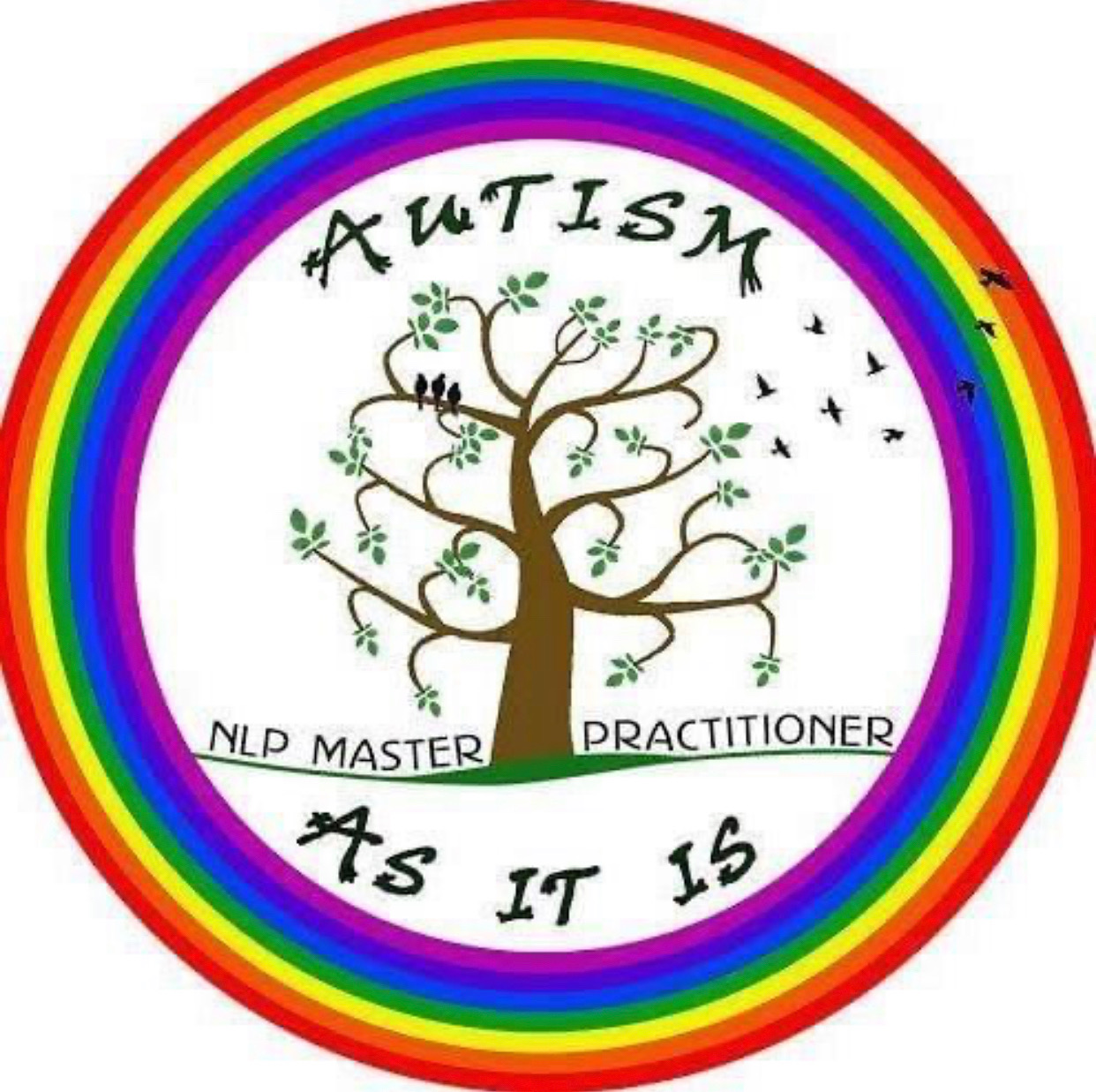Supporting Autism Through Diet and Natural Supplements
Diet and nutrition can play an important role in the neurodevelopment, emotional, physical, and even spiritual wellbeing of individuals on the autistic spectrum. While no single diet is considered a cure, many families have explored dietary changes and supplements to help manage certain behaviours, improve sleep, reduce anxiety, and support learning and development and experienced positive changes in some or all of these areas.
This page explores some of the most commonly discussed nutritional strategies, alongside important considerations and professional guidance.
Caroline is a qualified Nutritional Therapist.
Before You Begin
Before making any changes to diet or adding supplements, it’s vital to consult with a qualified nutritional therapist, GP, or registered healthcare professional. Supplements can interact with other medications or conditions, and each person’s needs are unique.
The information here is based on personal experience, collaborative work with health professionals, a Nutritional Therapy Diploma and university-level research, including a Master’s degree assignment entitled “Using Nutritional Supplements for the Management of Autism.”
Commonly Explored Dietary Interventions
Gluten-Free, Casein-Free (GFCF) Diet
- This diet removes gluten (found in wheat, rye, barley) and casein (found in dairy) from the individual’s meals.
- Some families report improvements in attention, behaviour, digestion, and mood.
- It is thought that in some autistic individuals, the proteins in gluten and casein leak into the blood stream through a leaky gut and cross the blood-brain barrier, causing opioid effects in the brain resulting in some of the behaviours we see in autistic children and adults.
Vitamin B6 and Magnesium
- B6 is involved in neurotransmitter production, and magnesium helps regulate mood, sleep, and stress.
- Together, they have been explored to reduce hyperactivity and improve focus and/or emotional regulation.
- Dosage must always be guided by a professional to avoid toxicity or imbalances.
Vitamin B12
- Especially important for nervous system health, B12 is sometimes trialled to support energy levels, focus, and general wellbeing.
Valerian
- A natural herb used to promote relaxation and improve sleep quality.
- Particularly helpful when anxiety or poor sleep patterns are present.
Holistic Support: Flower and Herbal Remedies
In addition to dietary changes, flower essences and herbal remedies such as Bach Flower Remedies are sometimes used to support emotional balance. These can be integrated into a broader wellness plan that includes mindfulness, energy therapies, and emotional coaching.
Useful Resources
While the original website included book recommendations, these may have since been updated or replaced with newer, more relevant resources. To ensure you receive the most accurate and supportive guidance, we can explore diet and nutrition together during your consultation or ongoing therapy sessions.
Key Considerations
- Every person is unique—what supports one individual nutritionally may not work for another.
- Keep track of patterns and progress with a simple food and behaviour diary.
- Be mindful of possible food sensitivities, gut health, and co-occurring factors such as ADHD or sensory differences.
- Nutrition is a valuable element of wellbeing, but it works best alongside therapies, education, and communication support.
For families wishing to explore dietary adjustments and supportive strategies for an autistic child or loved one, personalised consultations can be included as part of a holistic approach to wellbeing and intervention plan.
